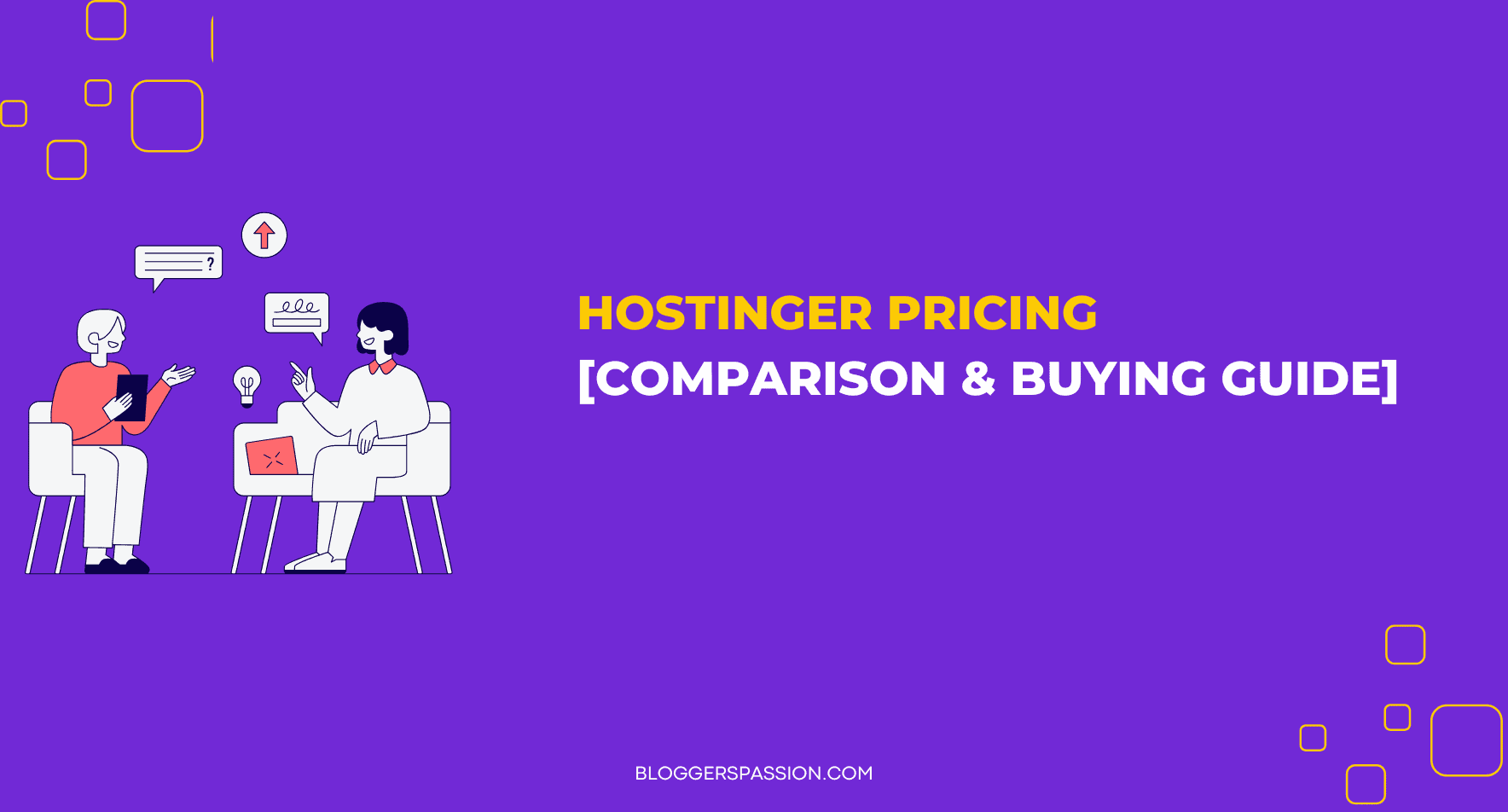
Free SEO Training: Build a Successful Blog with Anil Agarwal

Latest Articles
View All ArticlesMan Behind BloggersPassion
Hi, I’m Anil Agarwal, a full-time blogger and SEO expert. I launched BloggersPassion on Jan 1st, 2010 to help people build successful websites starting from zero.
I have a master’s degree in computers and started my blogging journey in 2005. I’ve worked as an SEO professional for major companies like the Economic Times, Times of India, Dainik Jagran, etc.
In my 13+ years of blogging journey, I’ve seen all the ups and downs of blogging, and I’m here to teach you all the strategies I use to build high-traffic websites.

Popular Articles
Top 13 Most Profitable Niches List To Make Money In 2025
November 29, 2024
I Want to...
Exclusive Products from BloggersPassion
Are you new to blogging? Struggling to grow your traffic or blogging income? We've got some AMAZING blogging products for you in our store.
Recommended Tools
View All ToolsBloggersPassion was launched in 2010. For the last 14 years, we’ve tried and tested hundreds of tools. Here are FOUR of our most recommended tools for all kinds of bloggers.
View All Tools
































![SEO For Doctors: 10 Tips to Get More Patients Online [2025 Edition]](/wp-content/uploads/2024/08/seo-for-doctors.webp)






















![11 Best Digital Products that You Can Sell Today [2025 List]](/wp-content/uploads/2023/08/best-digital-products.webp)








Social Media Marketing
View AllHow to Maximize Your Social Impact with Semrush’s Social Media Toolkit in 2025
December 6, 2024Pinterest SEO 2025: 17 Best Ways To Boost Your Pinterest Reach And Drive More Traffic
December 6, 2024How to Get More Followers on Pinterest in 2025: 8 Proven Strategies that Work
December 6, 2024Pinterest Affiliate Marketing For Beginners: 5 Ways To Make Money In 2025
December 2, 20248 Best Pinterest Alternatives for 2025: Perfect for Bloggers, Designers, and Creatives
November 29, 202421 Most Subscribed YouTube Channels In The World (2025 Updated)
January 18, 2025